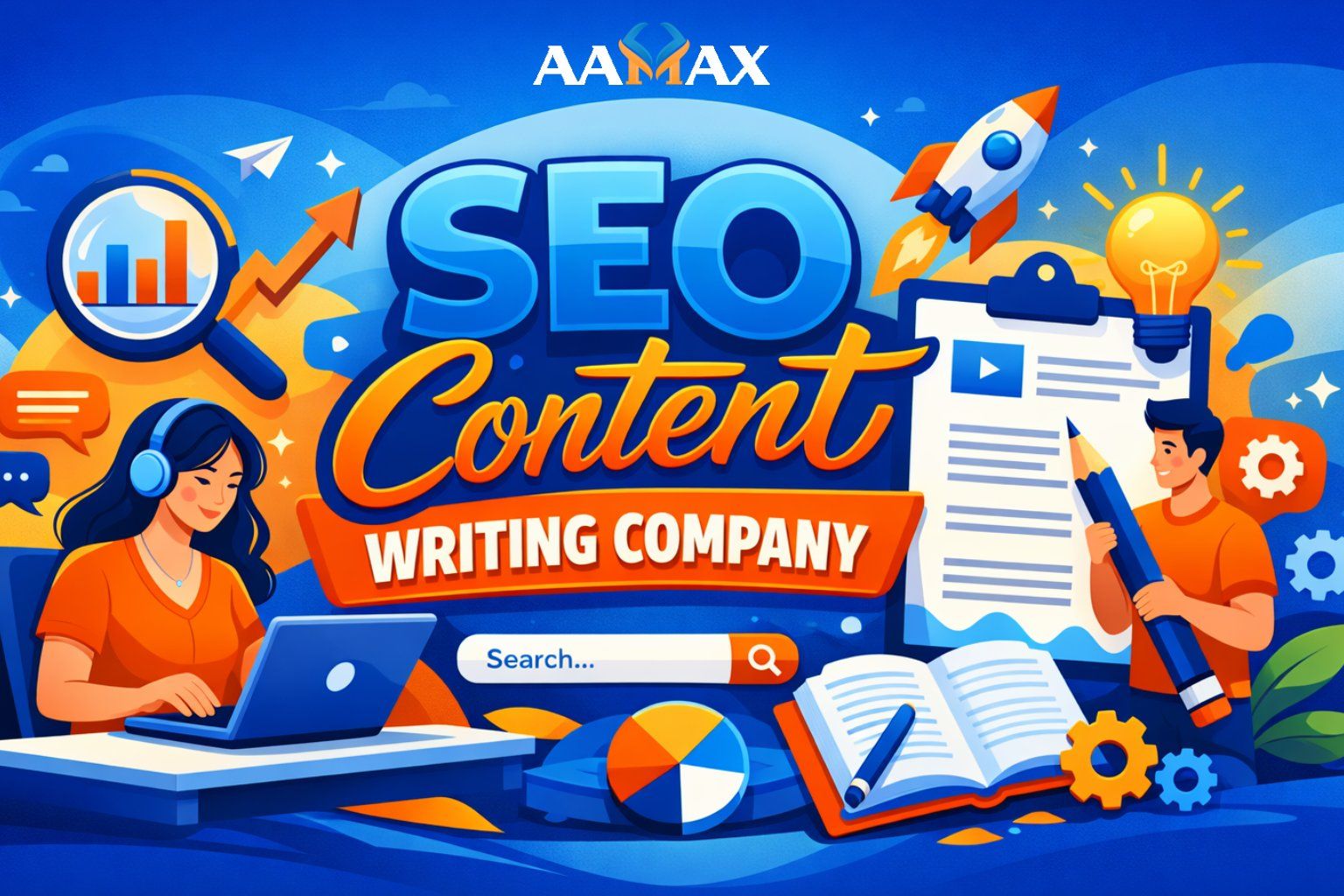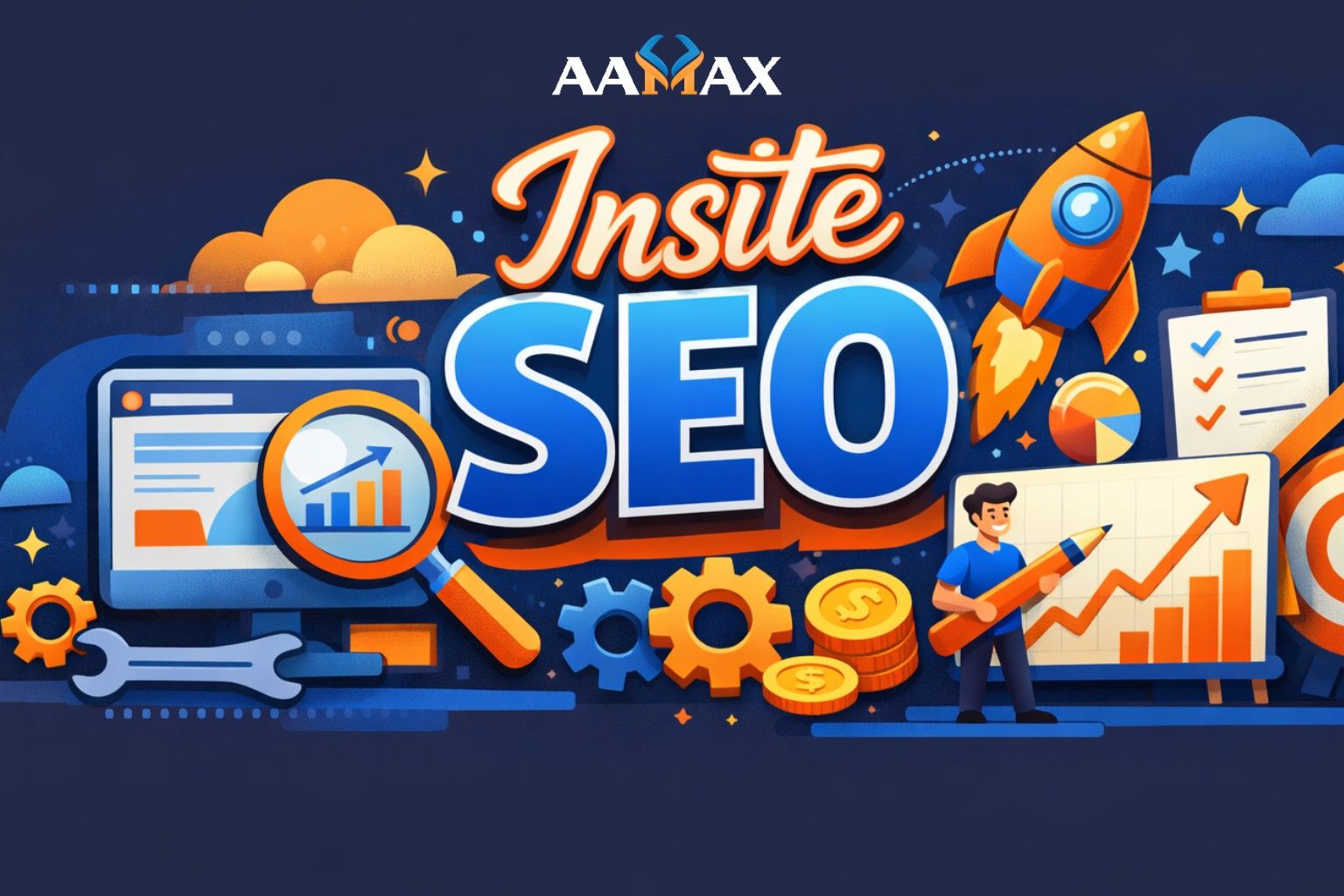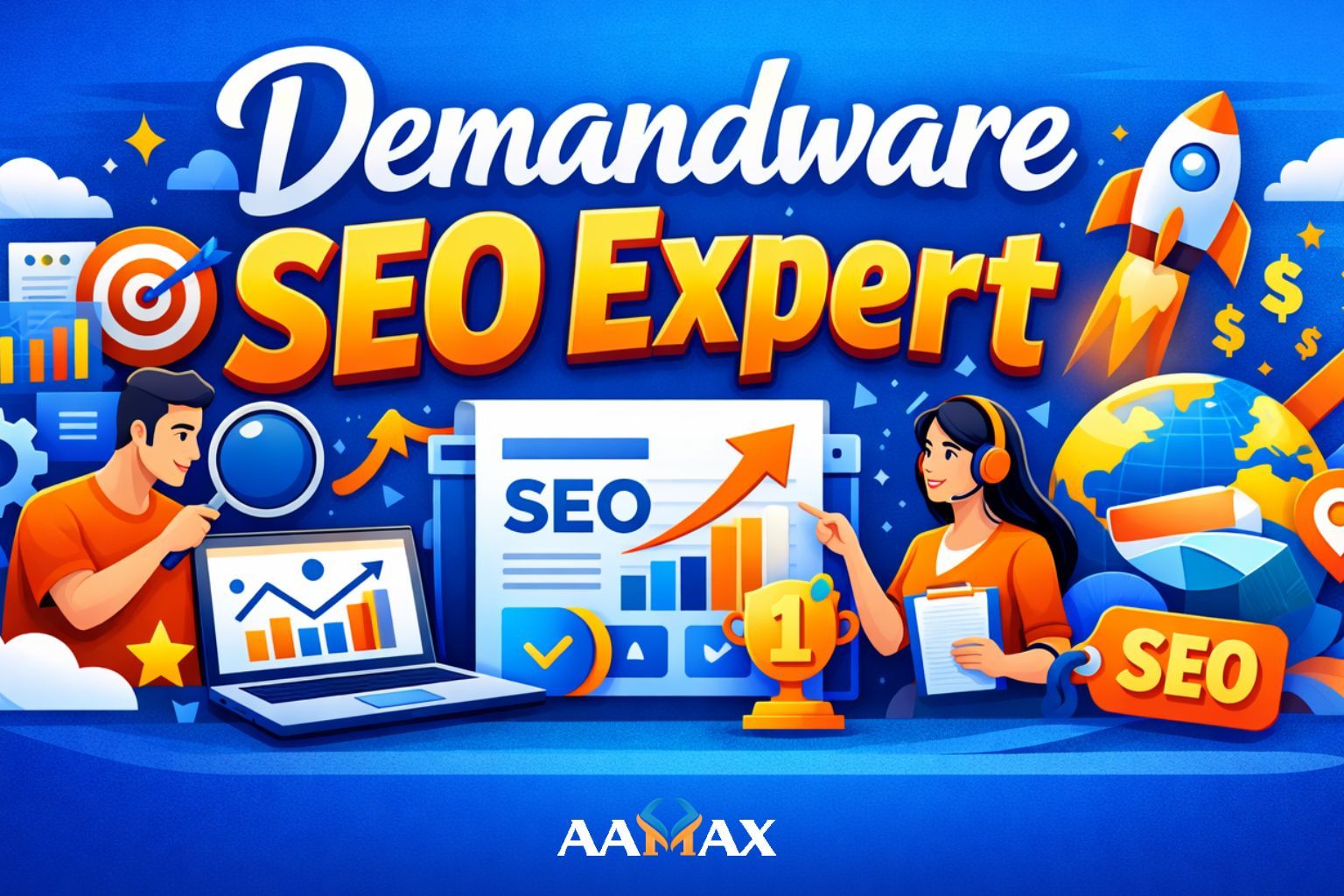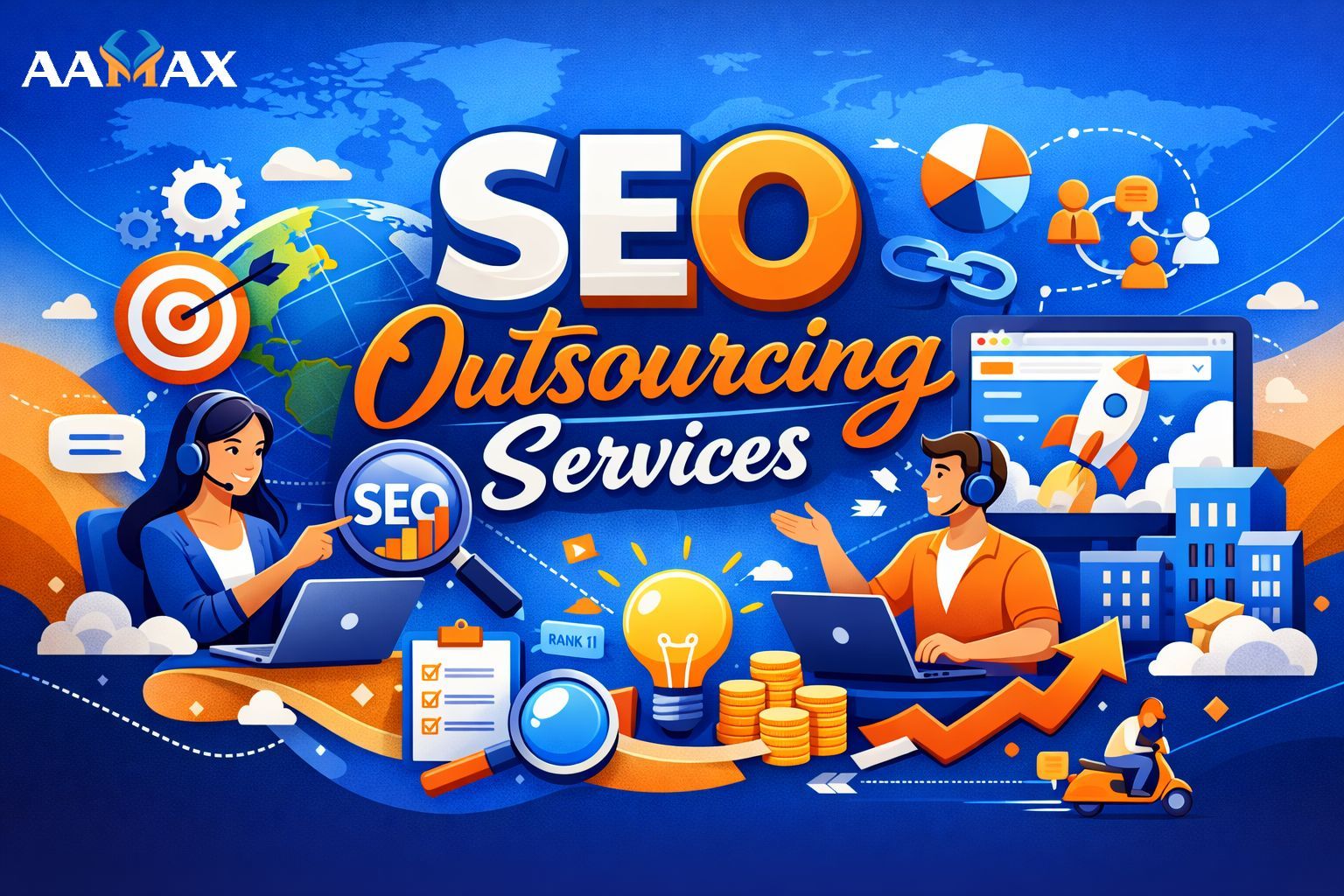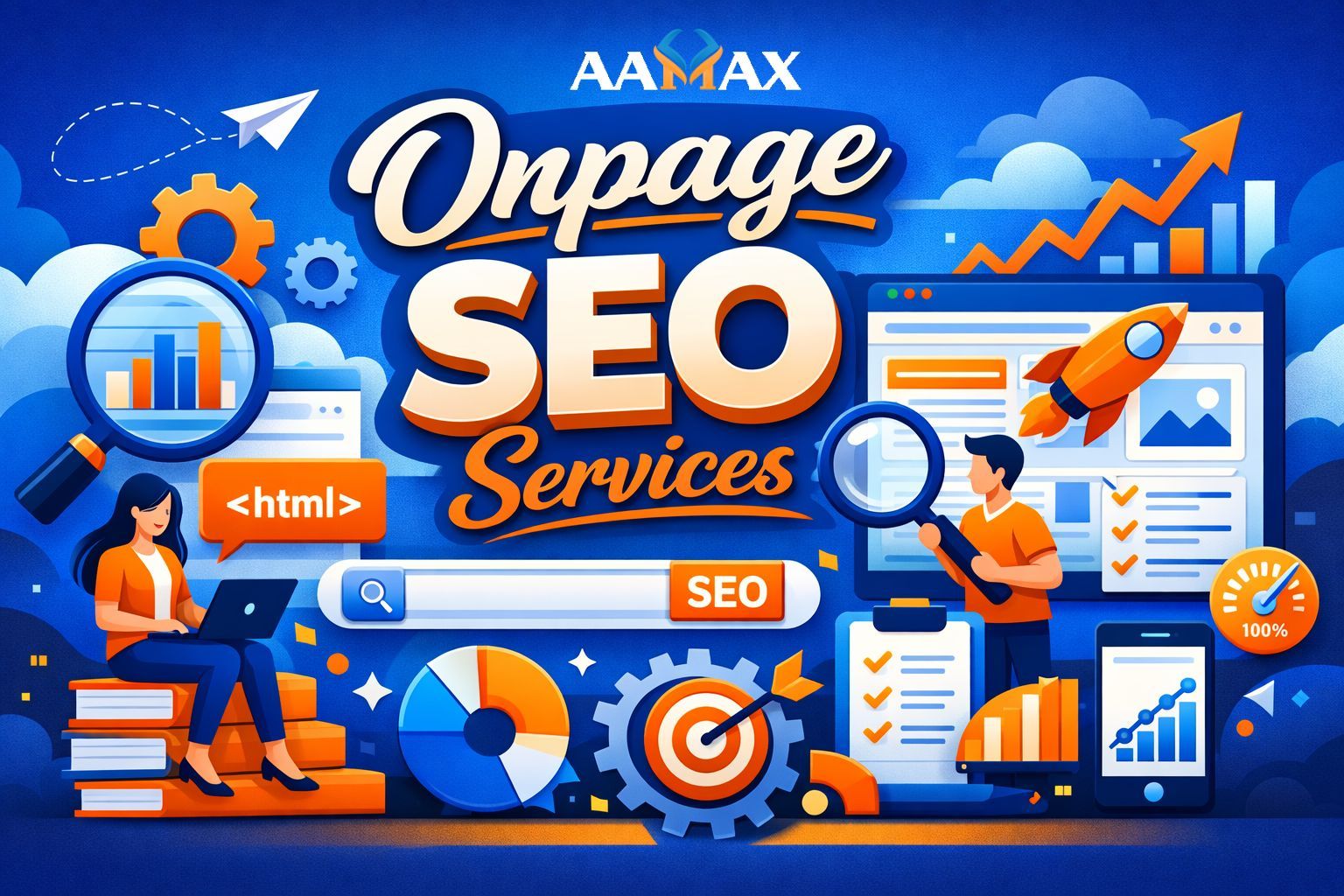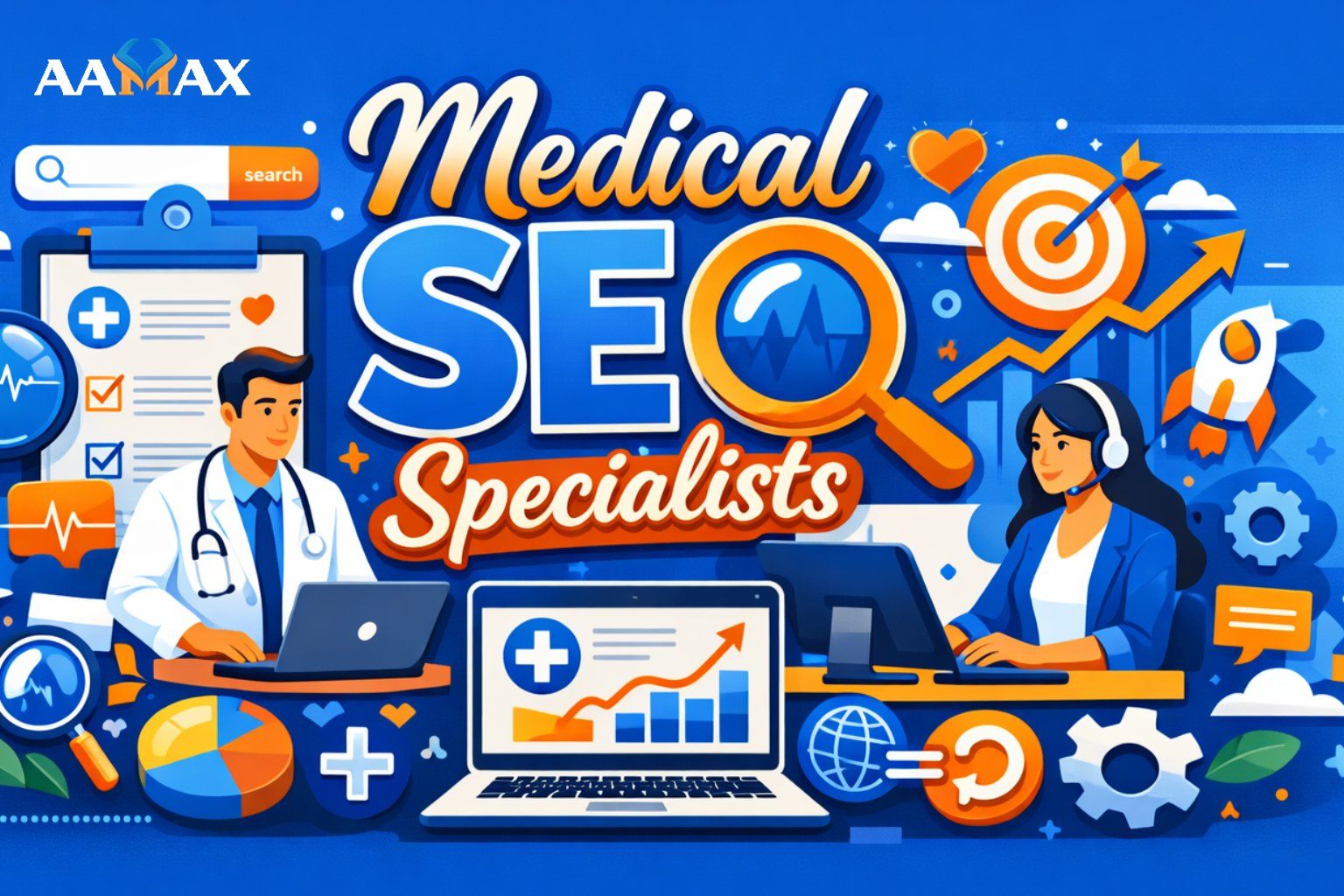
What Is Ecommerce Digital Marketing? The Beginner's Guide
In today’s highly competitive online marketplace, ecommerce digital marketing is more essential than ever. Whether you're running a small Shopify store, managing a growing WooCommerce site, or operating a major multi-channel ecommerce business, understanding how digital marketing drives traffic, boosts conversions, and builds brand loyalty is key to sustainable growth.
This beginner’s guide will help you understand the foundations of digital marketing agency, the key strategies involved, and how to start building your presence the right way.
What Is Ecommerce Digital Marketing?
Ecommerce digital marketing refers to all promotional tactics and strategies used via digital channels to drive traffic to an online store, convert that traffic into paying customers, and retain those customers post-purchase.
Unlike traditional retail marketing, ecommerce digital marketing is entirely online. It’s data-driven, measurable, and highly customizable — which is what makes it so powerful for ecommerce brands of all sizes.
Why Is Digital Marketing Essential for Ecommerce?
In the ecommerce world, your competitors are just a click away. Without strategic marketing, even the best-designed online store may never reach its intended audience. Here’s why digital marketing is critical:
- Increases online visibility
- Drives targeted traffic
- Boosts customer engagement
- Improves conversion rates
- Builds customer loyalty
- Enhances brand credibility
Key Components of Ecommerce Digital Marketing
A solid ecommerce marketing strategy typically includes a mix of the following tactics, tailored to the business’s goals, products, and target audience.
1. Search Engine Optimization (SEO)
SEO helps your ecommerce site rank higher in search engine results. When potential customers search for products like yours on Google, you want to appear on the first page. SEO involves:
- Keyword research for product and category pages
- On-page optimization (title tags, meta descriptions, alt text, internal linking)
- Technical SEO (site speed, mobile responsiveness, crawlability)
- Content creation (blog posts, guides, reviews)
- Link building to improve domain authority
SEO provides long-term ROI and is a must-have for sustainable ecommerce growth.
2. Pay-Per-Click (PPC) Advertising
PPC allows ecommerce businesses to pay for immediate visibility on search engines and social platforms. Google Ads, Bing Ads, and paid social media campaigns are popular PPC avenues.
- Search Ads: Appear at the top of Google results
- Shopping Ads: Product-focused ads with images and pricing
- Display Ads: Banner ads shown across websites
- Retargeting Ads: Re-engage past visitors and cart abandoners
PPC is ideal for quick traffic boosts, seasonal promotions, and reaching high-intent customers.
3. Social Media Marketing
Social media is vital for ecommerce branding, engagement, and sales. It allows you to showcase products, build a community, and run ads. Top platforms include:
- Facebook & Instagram for visual products and dynamic ads
- TikTok for short-form, viral content
- Pinterest for product discovery
- YouTube for how-to content and product demos
Successful ecommerce brands post regularly, collaborate with influencers, and use social commerce tools like Facebook Shops and Instagram Checkout.
4. Email Marketing
Email marketing remains one of the most profitable ecommerce channels. It enables direct communication with leads and customers.
Common ecommerce email campaigns include:
- Welcome sequences
- Cart abandonment emails
- Order confirmations
- Promotional offers
- Product recommendations
- Re-engagement campaigns
Email marketing has an average ROI of $42 for every $1 spent — a compelling reason to invest in growing your email list.
5. Content Marketing
Content marketing isn’t just for blogs. For ecommerce, content can take many forms:
- Buying guides
- Product videos
- How-to articles
- User-generated content
- Customer stories
Content builds trust, educates buyers, and boosts SEO. It’s especially powerful for high-consideration products or B2B ecommerce.
6. Influencer Marketing
Influencer partnerships can amplify your ecommerce brand to highly engaged audiences. Whether you're working with micro-influencers or large content creators, influencer marketing can:
- Generate brand awareness
- Drive direct traffic and sales
- Improve credibility through social proof
- Expand your reach on platforms like Instagram, TikTok, and YouTube
Ensure influencers are aligned with your target market for the best ROI.
7. Affiliate Marketing
Affiliate marketing allows other websites or individuals to promote your products in exchange for a commission on sales.
Benefits include:
- Cost-effective acquisition (you only pay when they convert)
- Scalable growth
- Access to new audiences
Use affiliate networks or create your own program to incentivize bloggers, influencers, and publishers.
Ecommerce Conversion Optimization
Getting traffic is only half the battle. To be profitable, you need to convert that traffic. This is where conversion rate optimization (CRO) comes in.
Tactics include:
- A/B testing different headlines, images, and layouts
- Improving mobile UX
- Reducing checkout friction
- Using exit-intent popups
- Offering live chat or AI-based support
Small changes can yield massive improvements in revenue per visitor.
Data Analytics & Tracking
Digital marketing provides access to a wealth of data. Leveraging analytics helps you:
- Understand user behavior
- Track sales funnel drop-offs
- Identify your best-performing channels
- Optimize campaigns for better ROI
Tools like Google Analytics, Facebook Pixel, and Hotjar are must-haves for informed decision-making.
Ecommerce Platforms & Marketing Integrations
Your ecommerce platform also plays a role in digital marketing success. Whether you use Shopify, WooCommerce, Magento, or BigCommerce, ensure it integrates with:
- Google Ads & Shopping
- Email marketing tools like Mailchimp or Klaviyo
- Social media platforms for product tagging
- Review systems like Yotpo or Judge.me
- SEO plugins and analytics dashboards
Choosing the right stack allows seamless marketing execution and better data flow.
Building a Winning Ecommerce Marketing Strategy
Here’s how beginners can start crafting a marketing strategy:
1. Know Your Audience
Define your ideal customers using buyer personas. Understand their pain points, shopping habits, and preferred channels.
2. Set Measurable Goals
Do you want more traffic? Higher sales? Better retention? Set SMART goals to track success.
3. Choose the Right Channels
Focus on where your audience spends time. Don’t try to be everywhere at once — master one or two platforms before expanding.
4. Build a Content Plan
Create content around product education, storytelling, and value — not just sales pitches.
5. Implement Tools
Leverage marketing automation, email platforms, CRM, retargeting ads, and analytics to scale your efforts.
6. Test and Optimize
Marketing is never one-size-fits-all. Regularly A/B test, review reports, and refine based on data.
Common Challenges in Ecommerce Marketing
High Competition
With thousands of similar stores, standing out requires strong branding and differentiation.
Ad Costs
PPC and social media ads can be costly without proper targeting or funnel optimization.
Cart Abandonment
Around 70% of ecommerce carts are abandoned. Combat this with remarketing and email reminders.
Limited Trust
First-time customers may hesitate to buy. Overcome this with reviews, guarantees, and clear return policies.
Hire Experts to Scale Faster
While DIY efforts are possible, hiring a professional agency like AAMAX can dramatically accelerate your ecommerce growth. AAMAX is a full-service digital marketing company offering Web Development, Digital Marketing, and SEO Services tailored specifically to ecommerce businesses.
Their team brings experience, proven strategies, and data-driven insights to:
- Design high-converting ecommerce websites
- Improve search engine visibility
- Launch profitable paid ad campaigns
- Increase customer retention and lifetime value
Whether you're starting out or looking to scale, partnering with experts gives you a competitive edge.
Final Thoughts
Ecommerce digital marketing is a powerful engine for growth — but it requires the right strategy, tools, and execution. From SEO and paid ads to social media and email, the opportunities are vast. The most successful ecommerce businesses continually learn, test, and adapt.
If you’re just getting started, follow this guide as your roadmap. Build your foundational knowledge, experiment with different strategies, and don’t hesitate to seek expert help when needed.
Need a team that understands ecommerce inside out? Hire AAMAX and unlock the full potential of your online store.

